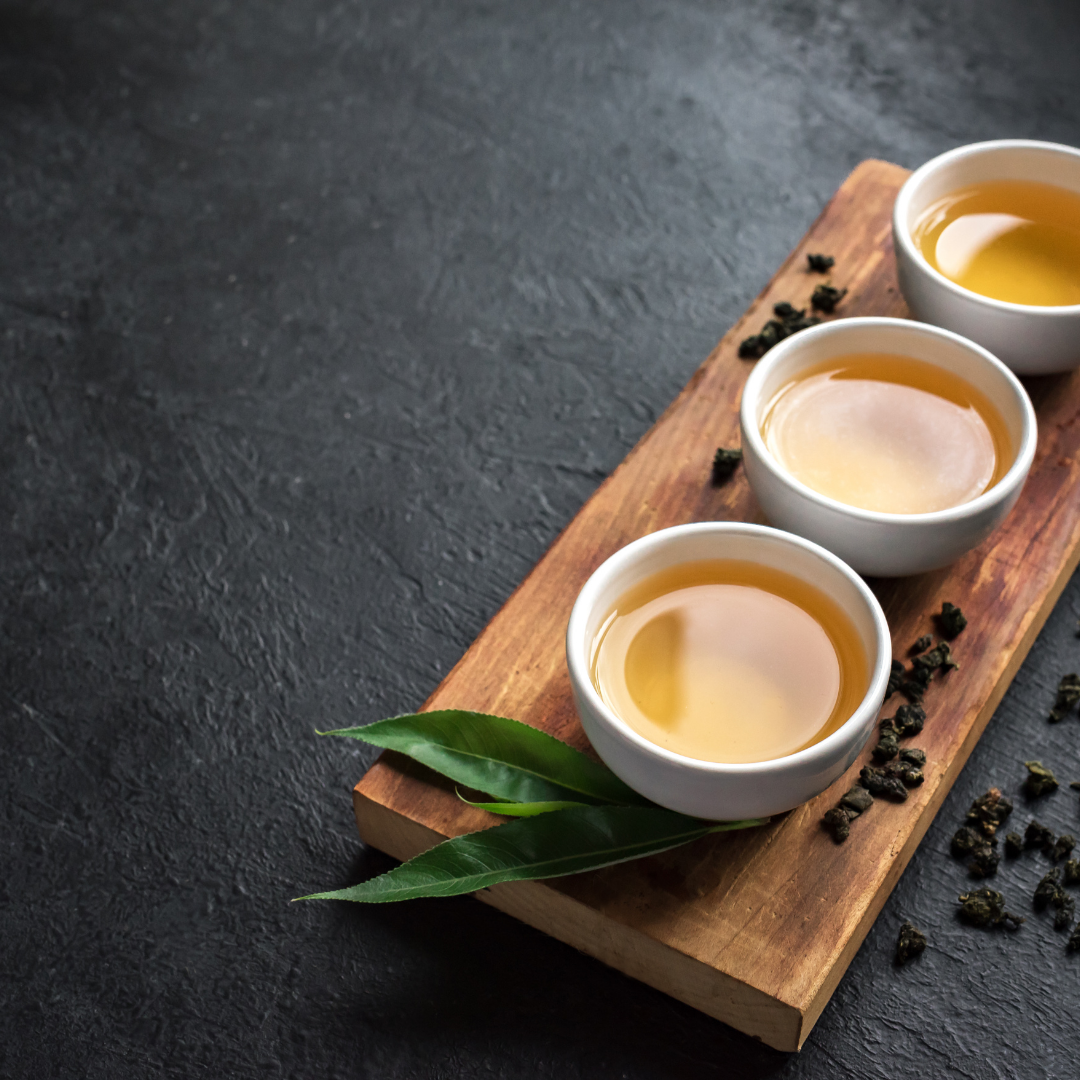What Are Oolong Tea Health Benefits?
Like all teas, Oolong comes from the plant Camellia Sinensis. What makes it once of a kind is how this particular tea is processed.
Leaves are first withered in direct sunlight, then shaken in a bamboo basket and finally air-dried in the shade. The shaking and drying stages are repeated several times. Compared to black tea, Oolong tea has a shorter oxidation process.
In China Oolong is often consumed as an anti-aging tea. But what are the scientific findings on its effects on our well-being? What are Oolong Tea health benefits?
Benefits For Your Heart
Scientific research seems to suggest that Oolong tea is highly beneficial for our cardiovascular system.
A Japanese study observed the effects of coffee, green tea, black tea, and Oolong tea on the risk of mortality from heart disease and concluded that drinking at least 240 ml of Oolong tea every day is associated with a 61% reduction in cardiovascular disease risk.
According to another study, Oolong tea could help reduce cardiovascular inflammation, which in turn reduces the risk of heart disease.
Finally, several studies show a positive correlation between Oolong tea consumption and both lower blood pressure and lower cholesterol levels.
Benefits For Your Bones and Teeth
Other researchers have focused on how Oolong tea can lead to improved bone health.
A Chinese study found out that the likelihood of losing mineral bone density was much lower in people who consumed Oolong tea for over 10 years compared to those who didn’t. It’s useful to remember that higher mineral bone density is usually associated with a lower risk of bone fractures.
Research also suggests that Oolong tea consumption might also be a protection against osteoporosis.
There are also indications that the antioxidant properties of Oolong tea can also help us keep our teeth healthy because Oolong is a good source of fluoride and it also helps reduce dental plaque.
Benefits For Your Brain And Mental Health
Drinking Oolong tea regularly can also boost your mental health and improve your brain functions.
Researchers at Zhejiang University (China) have found that the high levels of Epigallocatechin gallate and 1-theanine contained in Oolong tea can reduce the risk of facing conditions such as Alzheimer’s disease and Parkinson’s disease.
Its high 1-theanine content can also help reduce stress, increase our ability to relax, and improve focus and concentration.
Let’s not forget that Oolong Tea also contains caffeine and this could have an effect on improving our level of concentration.
What About Weight Loss?
Studies are suggesting that Oolong tea can also provide benefits to those who are trying to lose weight.
These studies mostly focus on the effect of Oolong tea consumption on our metabolism and seem to suggest that Oolong tea can help you lose weight by speeding up the rate at which we burn calories.
As we mentioned before, Oolong tea has also been associated with lower cholesterol levels, with obvious positive implications for weight loss.
If you want to know more about how tea can help you lose weight don’t forget to check our other article “Is Green Tea Good For Weight Loss?”
Other Oolong Tea Health Benefits
Consuming Oolong Tea can also have additional benefits for our health.
Various studies have discovered a positive link between drinking Oolong Tea and improved digestion. It does so by helping clear our stomach of bacteria and by contrasting inflammation in people with acid reflux.
Oolong is also associated with improved skin health and immune system. Two additional reasons to choose to add this amazing tea to your daily diet.
Where Can I Buy Oolong Tea?
You can find many shops that offer Oolong Tea.
Our certified organic Shui Xian Oolong tea is first flush, first grade tea. It is an especially fragrant Tea with the slight sweet aroma of the Narcissus flower. This flavour stems from the cultivation and processing techniques.
To prepare it, use ½ tsp per mug of 80-90°C hot water and infuse for 3 min. Re-infuse up to 3 times.
Does Drinking Oolong Tea Have Side Effects?
As we mentioned before, Oolong tea also contains caffeine, which is the main reason why some people report side effects.
Excessive consumption of caffeine can lead to sleep difficulties, headaches, anxiety, and rapid heartbeat.
It is therefore important to consume caffeine beverages with moderation and to avoid exceeding suggested quantities. This will maximise their positive effects while minimising the risk of experiencing side effects.

